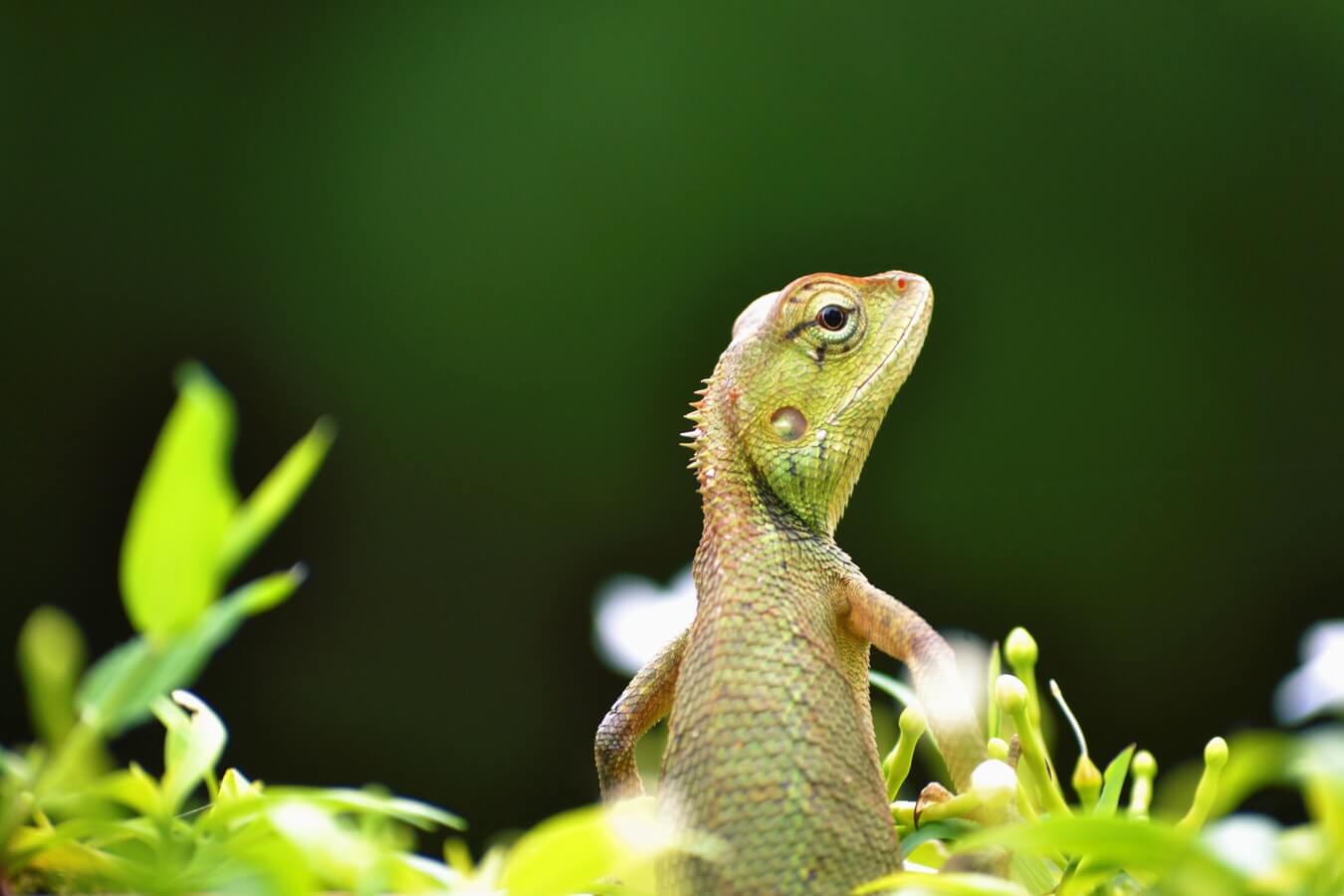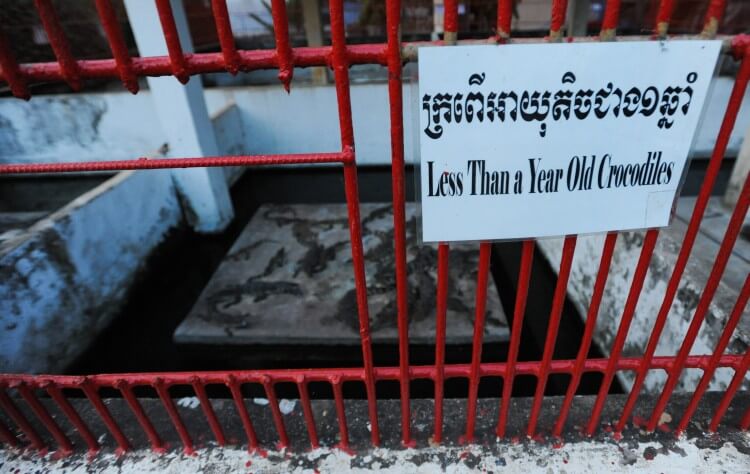This month at the Sustainable Action Network (SAN), Hennepin Healthcare Ends Lethal Use of Animals for Medical Training & Selfridges Confirms It Will Stop Selling All Exotic Skins
Hennepin Healthcare has ended the use of live animals for teaching emergency medicine residents, according to national nonprofit the Physicians Committee for Responsible Medicine, which had urged the medical center to modernize its curriculum since 2014. Previously, Hennepin Healthcare used up to 150 sheep and 150 rabbits each year to teach invasive procedures like drilling a hole into an animal’s skull and opening the chest cavity to access the heart.
 The Physicians Committee, which has more than 12,000 doctor members, including 973 in Minnesota, is now filing a federal complaint against Mayo Clinic in Rochester for violating the Animal Welfare Act by using live animals to train emergency medicine residents. Currently, 94 percent of surveyed programs use only nonanimal training methods.
The Physicians Committee, which has more than 12,000 doctor members, including 973 in Minnesota, is now filing a federal complaint against Mayo Clinic in Rochester for violating the Animal Welfare Act by using live animals to train emergency medicine residents. Currently, 94 percent of surveyed programs use only nonanimal training methods.
Hennepin Healthcare spokesperson Tom Hayes confirmed in a February 13 e-mail to Physicians Committee member Kerry Foley, M.D., that the hospital “no longer [uses] live animals for procedure training for [emergency medicine] residents.” Dr. Foley had appealed to the medical center’s Board of Directors at an in-person meeting in July 2018. Previously, the Physicians Committee had shared extensive information on human-based training methods with faculty, held a public demonstration, and purchased billboards in downtown Minneapolis that asked the question, “Using Animals to Teach Human Medicine?”
“We applaud Hennepin Healthcare for making this educationally and ethically important decision,” says Dr. Foley, an emergency medicine physician who retired after more than 25 years of practice. “The medical center’s residents and their future patients will benefit from this decision. This should send a clear message to the Mayo Clinic that change is possible and it is time to step into the 21st century.”
Mayo Clinic currently uses live animals to teach invasive airway procedures to residents, which places it far outside the standard of emergency medicine training. Mayo Clinic would not confirm the species, but pigs are most commonly used in similar training sessions. According to an ongoing Physicians Committee survey of programs in the United States and Canada, 252 out of 267 programs forgo live animal use. Instead of animals, medical simulators and human cadavers are widely used. The simulators replicate human anatomy and physiology and can include lifelike skin, fat, and muscle. Compared with humans, pigs and other animals have starkly different anatomy that must be relearned when treating patients.
The federal complaint against Mayo Clinic cites inadequate oversight of the training protocol by the medical center’s animal care and use committee and violations of the federal Animal Welfare Act, which requires “that a principal investigator—including course instructors—consider alternatives to procedures that may cause more than momentary or slight pain or distress to any animal used for research purposes.”
For a copy of the federal complaint or to interview Dr. Foley or Physicians Committee director of academic affairs Dr. John Pippin, please contact Reina Pohl at 202-527-7326 or rpohl@pcrm.org.



Hennepin Healthcare spokesperson Tom Hayes confirmed in a February 13 e-mail to Physicians Committee member Kerry Foley, M.D., that the hospital “no longer [uses] live animals for procedure training for [emergency medicine] residents.” Dr. Foley had appealed to the medical center’s Board of Directors at an in-person meeting in July 2018. Previously, the Physicians Committee had shared extensive information on human-based training methods with faculty, held a public demonstration, and purchased billboards in downtown Minneapolis that asked the question, “Using Animals to Teach Human Medicine?”
“We applaud Hennepin Healthcare for making this educationally and ethically important decision,” says Dr. Foley, an emergency medicine physician who retired after more than 25 years of practice. “The medical center’s residents and their future patients will benefit from this decision. This should send a clear message to the Mayo Clinic that change is possible and it is time to step into the 21st century.”
Mayo Clinic currently uses live animals to teach invasive airway procedures to residents, which places it far outside the standard of emergency medicine training. Mayo Clinic would not confirm the species, but pigs are most commonly used in similar training sessions. According to an ongoing Physicians Committee survey of programs in the United States and Canada, 252 out of 267 programs forgo live animal use. Instead of animals, medical simulators and human cadavers are widely used. The simulators replicate human anatomy and physiology and can include lifelike skin, fat, and muscle. Compared with humans, pigs and other animals have starkly different anatomy that must be relearned when treating patients.
The federal complaint against Mayo Clinic cites inadequate oversight of the training protocol by the medical center’s animal care and use committee and violations of the federal Animal Welfare Act, which requires “that a principal investigator—including course instructors—consider alternatives to procedures that may cause more than momentary or slight pain or distress to any animal used for research purposes.”
For a copy of the federal complaint or to interview Dr. Foley or Physicians Committee director of academic affairs Dr. John Pippin, please contact Reina Pohl at 202-527-7326 or rpohl@pcrm.org.

Victory! Selfridges Confirms It Will Stop Selling All Exotic Skins
Following an appeal from PETA, Selfridges has confirmed that it will become the first major department-store chain to ban all exotic skins, sparing countless remarkable animals immense suffering and violent slaughter.
From 2020, the company will keep all garments and accessories made from the skins of crocodiles, alligators, snakes, and lizards off its shelves. The luxury retailer had already banned the sale of fur and angora as well as foie gras following pressure from PETA.
Confirming the ban, Selfridges Buying Director Sebastian Manes said:
“We are dedicated to being at the very forefront of future-thinking retail. For us, that’s a future where luxury is defined by craftsmanship and material innovation.”
Where Do Exotic Skins Come From?
PETA and our affiliates have released several exposés of the exotic-skins industry.
Alligators are kept in fetid water inside dank, dark sheds before their necks are hacked open and metal rods are shoved into their heads in an attempt to scramble their brains, often while they’re fully conscious.
Snakes are commonly nailed to trees, and their bodies are cut open from one end to the other as they’re skinned alive, in the belief that live-flaying keeps their skin supple.
Workers sometimes use a mallet and a chisel to sever crocodiles’ spinal cords – which paralyses but does not kill them, and lizards are often decapitated, but some writhe in agony as their skin is torn off.

Selfridges joins major fashion houses such as Victoria Beckham, Chanel, and Vivienne Westwood as well as fellow department store Liberty in banning exotic skins. The decision marks a shift in the industry towards innovative, high-end vegan fabrics, and PETA looks forward to seeing who’ll make this ethical choice next.
What You Can Do
Never buy items made from exotic animal skins – instead, opt for fake snake, mock croc, and embossed vegan fabrics.
A Don Lichterman non-profit organization dedicated to building a global community raising awareness of corruption, injustice and the need for action across a full range of issues impacting people and animal/wildlife welfare around the world, such as conservation, climate change, campaign law, lobbying, government action and rescue work. SAN’s vision is to create safer world, free from political, environmental, and social oppression, where all the inhabitants of Earth can live in harmony within their own natural environments.
Our companies are known for creating products that enhance people's lives. Through Sunset Corporation of America and its companies, we’re equally dedicated to improving lives. Our commitment extends to helping local communities, fostering better educational systems, supporting the arts and culture, helping disadvantaged youth, protecting and improving the environment, animal welfare, wildlife issues and encouraging employee volunteerism.
Activsim and Sustainability:
- Gun Safety & Gun Laws
- Cruelty Free
- Death Penalty
- Demand Action
- Sustainable Action Network
Fairness and Equality:
- Privatization
- Voters Issues & Gerrymandering
- Private Prisons & the War on Drugs
- Finance, Housing & the Economy
Corporate Responsibility:
- Candidates
- Bills, Laws & Protections
- Wildlife & Oceania
- Labeling & Transparency
- Comprehensive Captivity & Hunting Results Databases
Sustainable Action Network (SAN)

